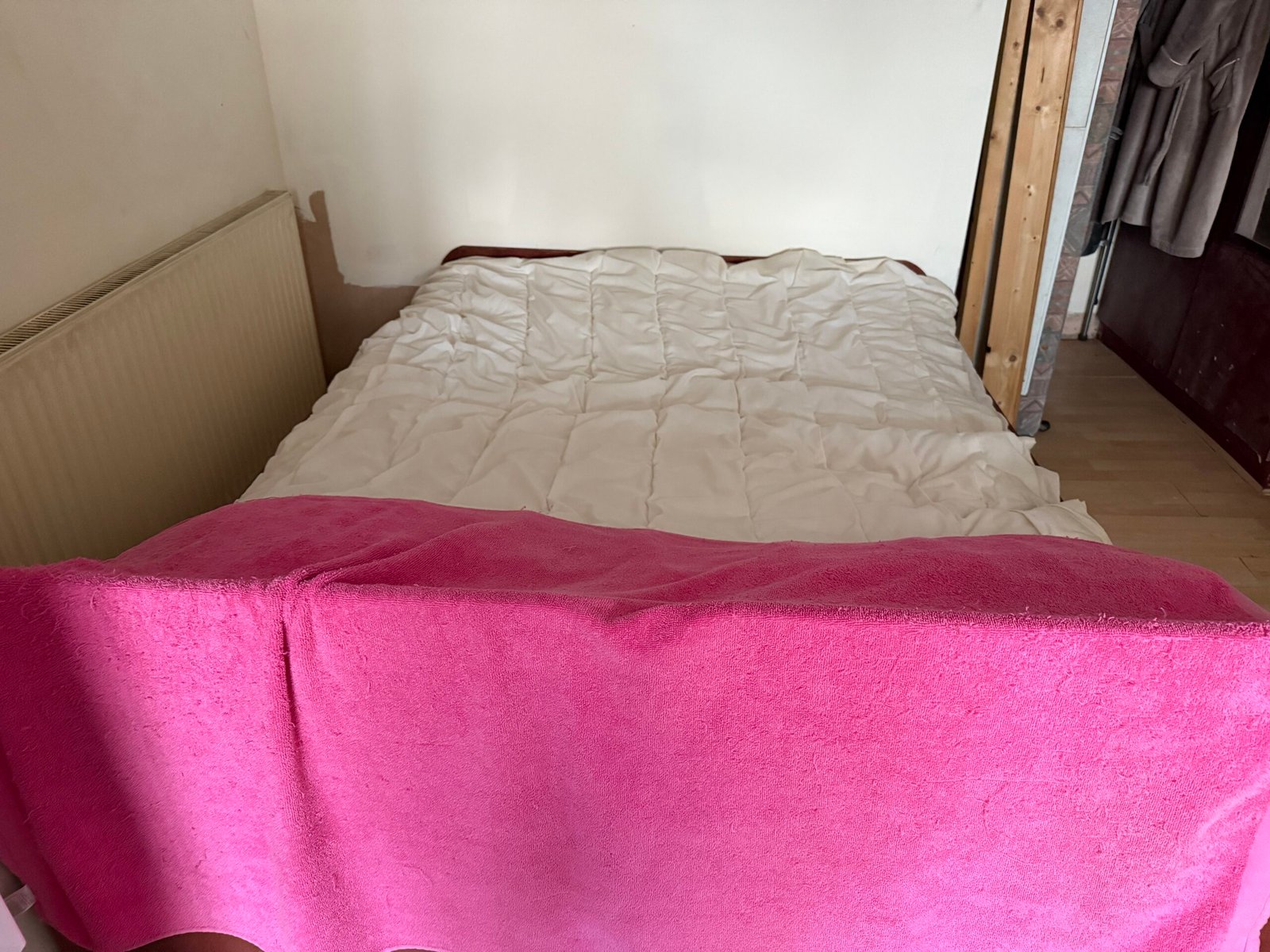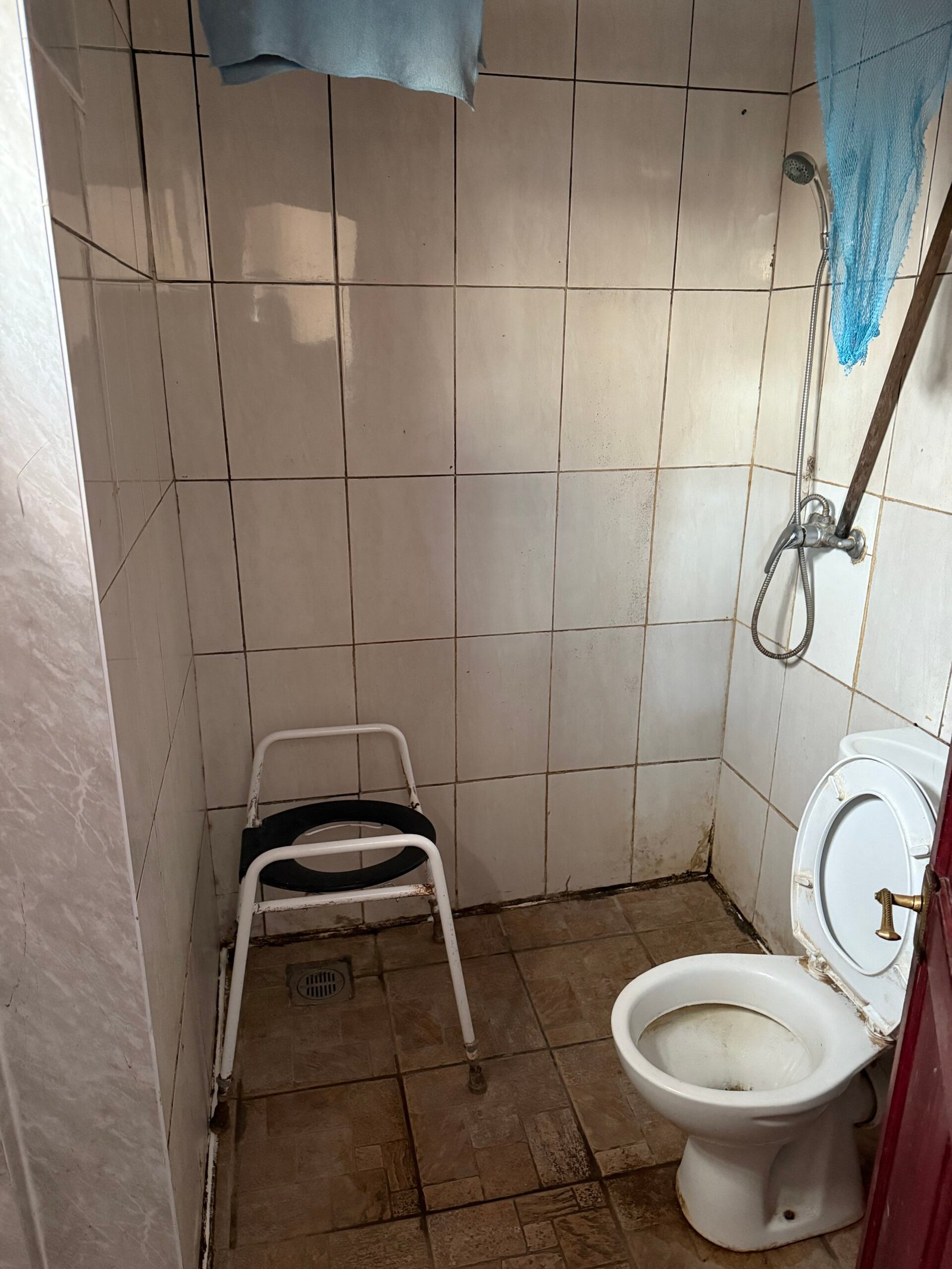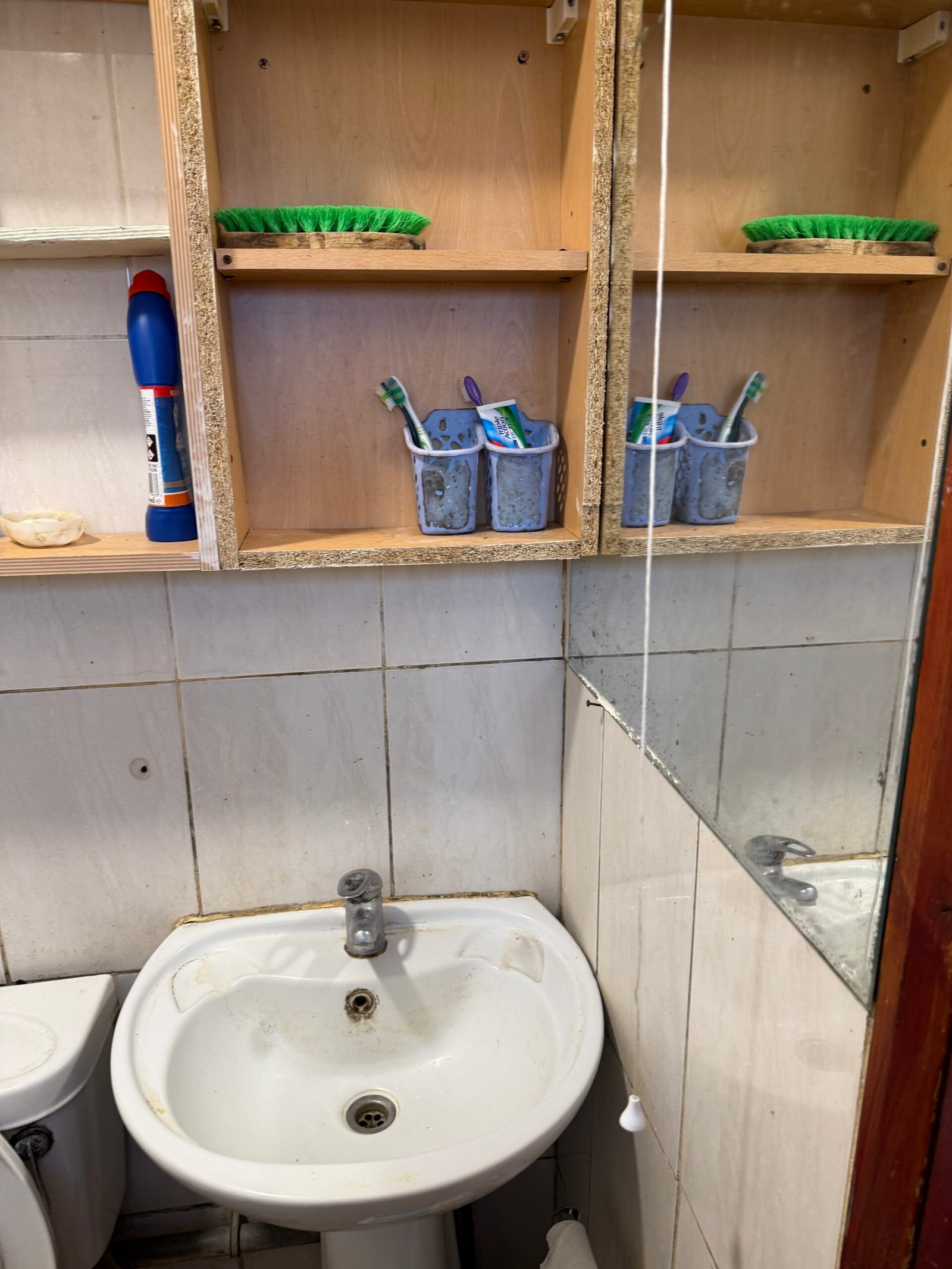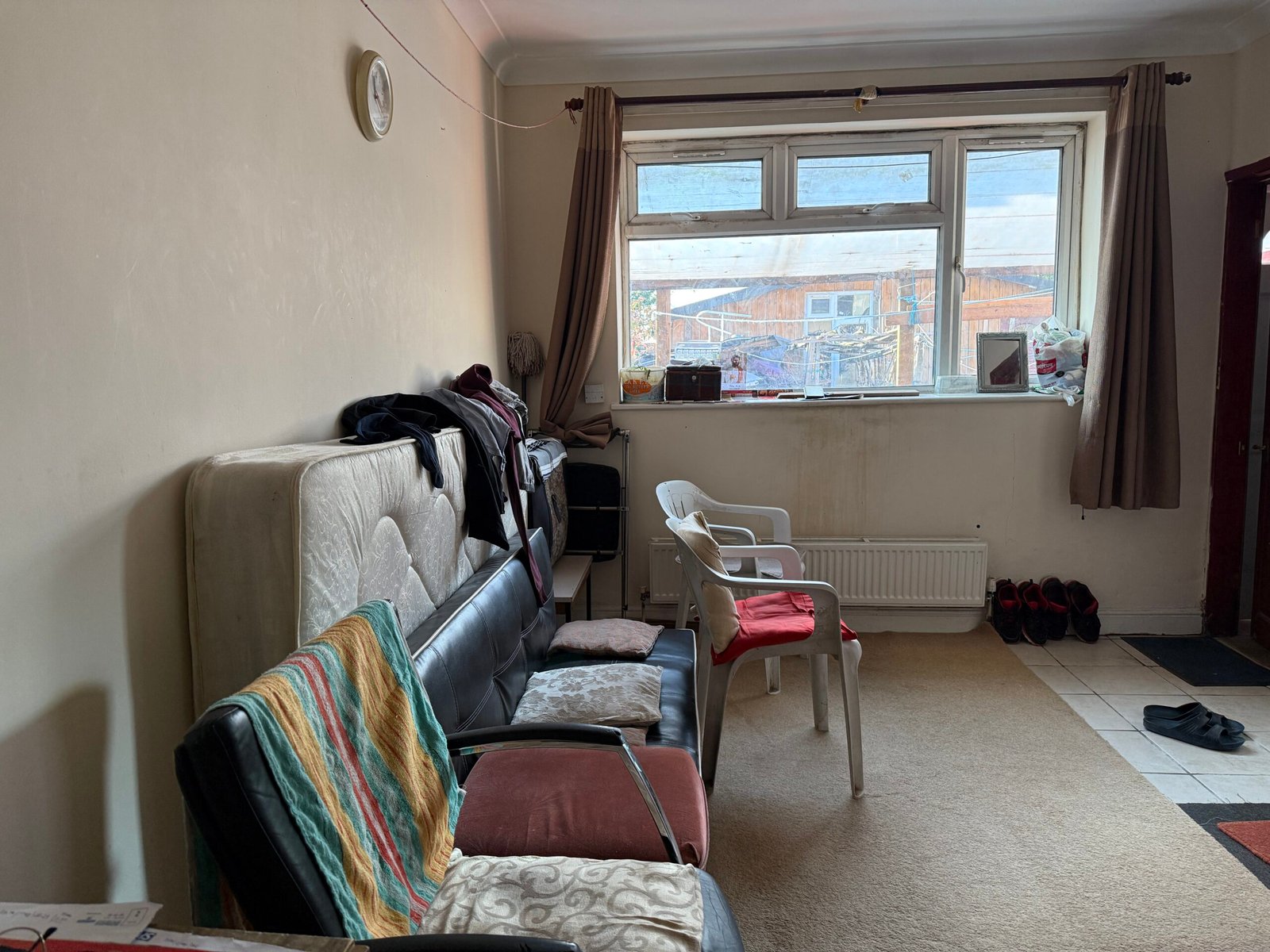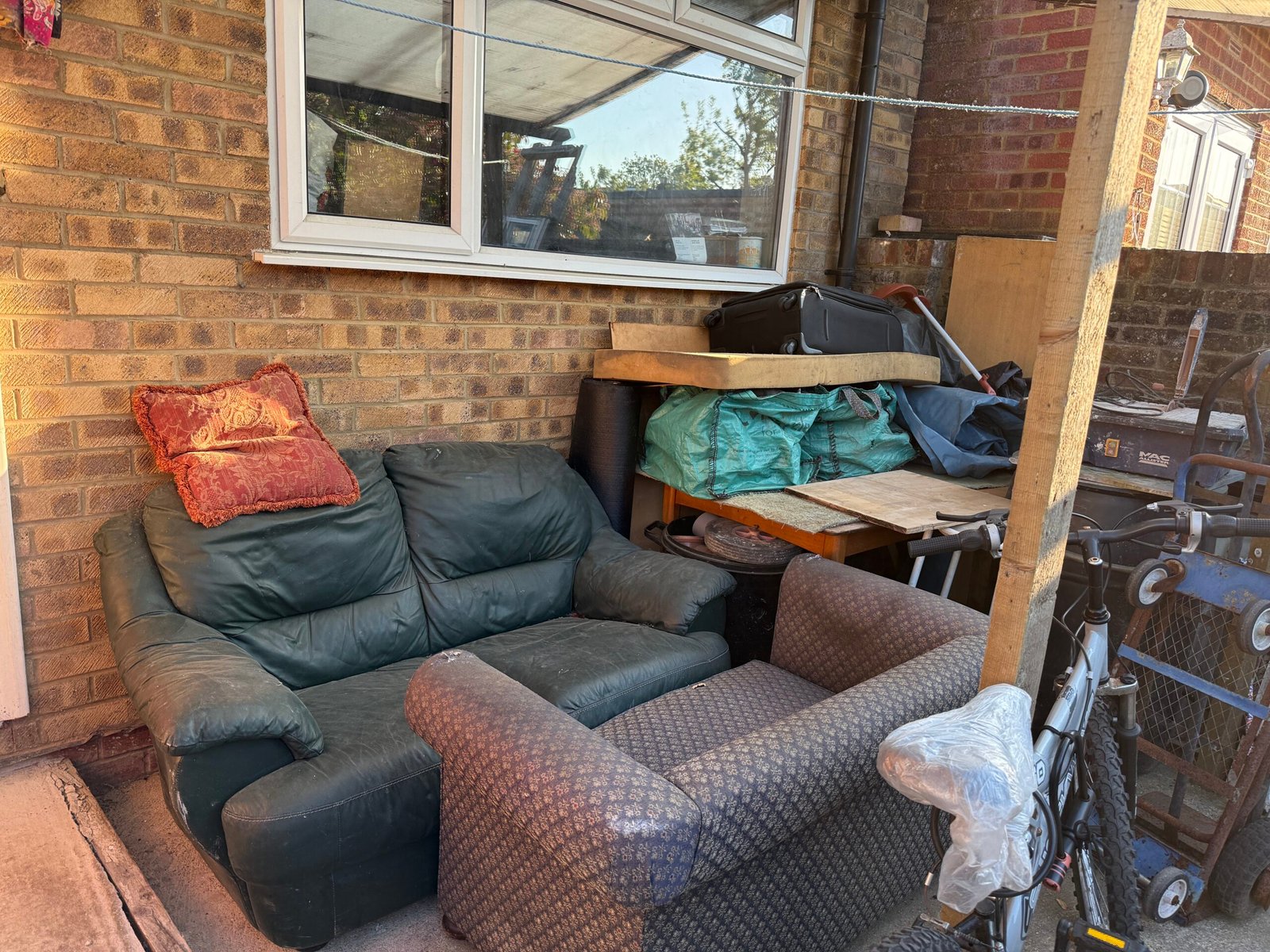17 May 2025 | The Gurkha Centre | Hayes | By Hari Bhandari
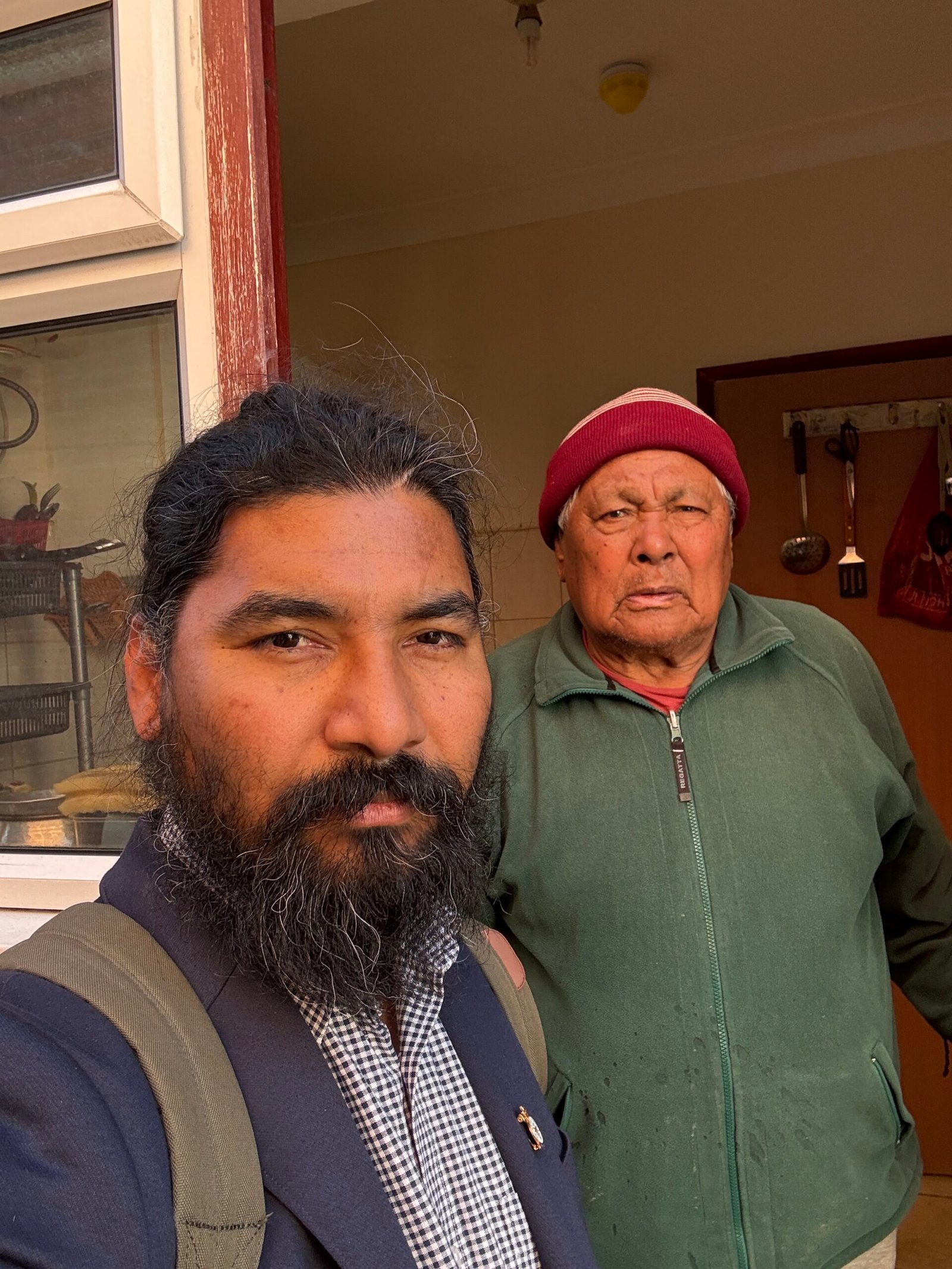
Background
Mr Ran Bahadur Pun is an 84-year-old Gurkha veteran residing alone in Hounslow, UK. He settled in the UK with his wife in December 2012 under Gurkha settlement provisions. Initially living in temporary accommodation in Heston, the couple later moved to a ground-floor flat in Hounslow. Mr Pun was the primary caregiver for his wife, who required a wheelchair due to significant mobility issues. Although their flat lacked built-in accessibility, it provided better access compared to their previous housing. After Mrs Pun passed away in 2017, Mr Pun has lived alone, with no children or close relatives in the UK.
Health Needs and Challenges
Mr Pun experiences multiple chronic health issues and growing vulnerability. In March 2025, Mr Pun reported significant deterioration in his vision due to cataracts to The Gurkha Centre. We promptly arranged an eye examination at a local optician in Hayes. The optician recommended urgent surgery and referred Mr Pun back to his GP. Subsequently, his GP referred him to Newmedica Eye Clinic in Langley. However, Newmedica discharged him after an initial assessment, as they could only administer local anaesthesia, unsuitable due to Mr Pun’s inability to remain still during surgery, potentially linked to undiagnosed ADHD.
Breakdown in Coordination and Access to Services
Weeks passed without any follow-up from Newmedica. With limited English proficiency and hearing impairment, Mr Pun sought support from The Gurkha Centre. Upon enquiry, we discovered the discharge letter had not been sent. GDPR requirements initially restricted sending this directly to us, causing further delays. We subsequently negotiated with Newmedica, obtained the discharge letter via email, and promptly forwarded it to his GP at Bath Road Surgery, highlighting the urgency of the situation.
A subsequent referral was made to another clinic, which again discharged Mr Pun due to their inability to offer general anaesthesia. Following further advocacy by The Gurkha Centre, the GP committed to clearly specifying the requirement for general anaesthesia in future referrals.
Further Delays and Missed Appointments
An appointment at Riverside Clinic in Brentford was arranged for 16 May 2025. The Gurkha Centre requested patient transport for him and offered language support. Unfortunately, the transport did not arrive, resulting in a missed appointment despite multiple efforts to contact the clinic.
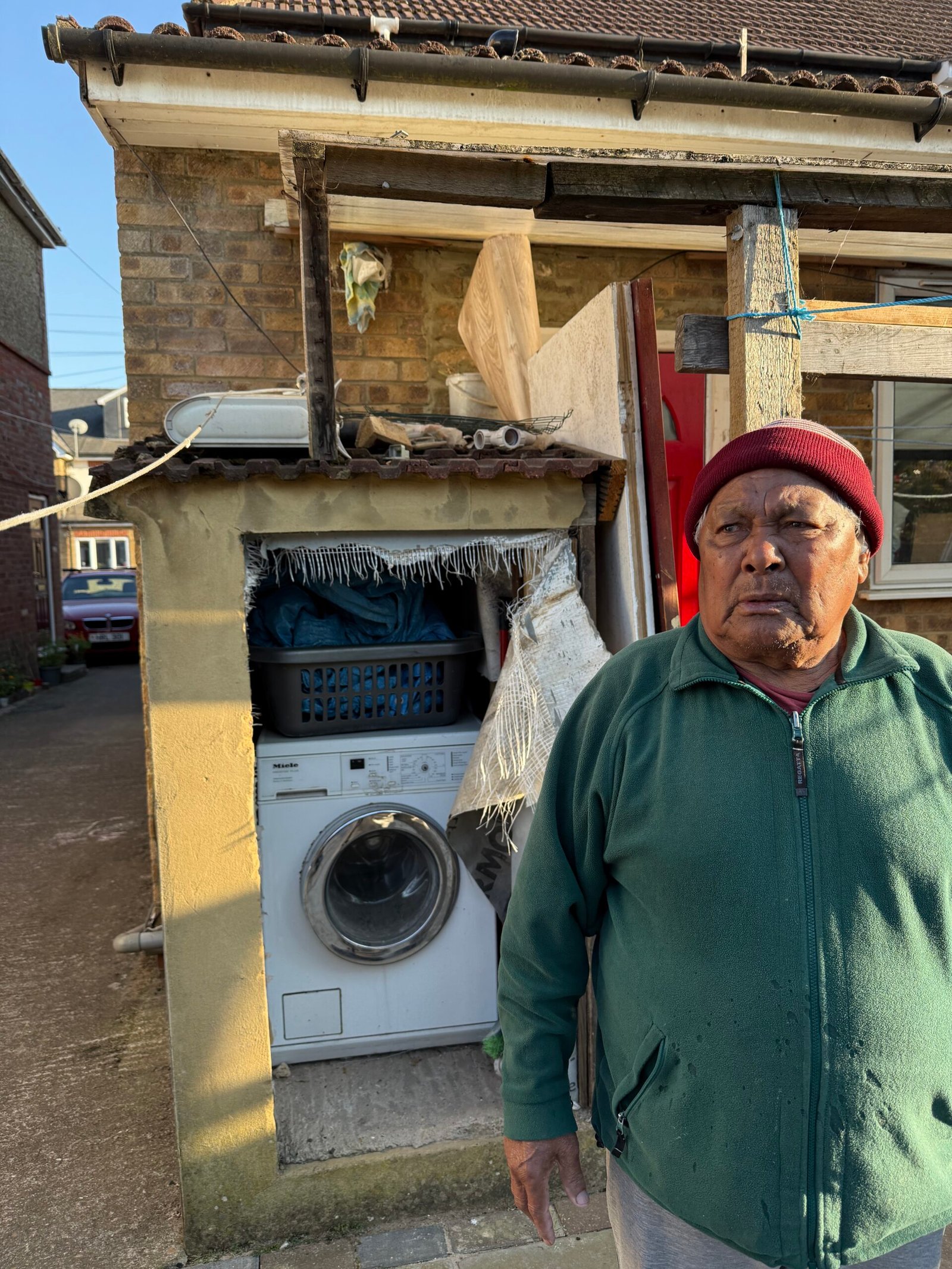
Living Conditions and Safeguarding Concerns
During a welfare visit coinciding with a local VE Day celebration, The Gurkha Centre identified concerning living conditions. Mr Pun’s flat was cold, damp, and exhibited fungal growth. The kitchen and bathroom required urgent deep cleaning. Deteriorating eyesight severely impacted his ability to maintain his living environment, significantly increasing risks to his health and safety.
Implications
This case underscores systemic failures across healthcare services, including GPs, specialist clinics, and transport providers, causing unnecessary delays in essential care. Critical concerns include:
- Access Barriers:Language, hearing impairment, and lack of targeted advocacy severely disadvantaged Mr Pun.
- Health Risks:Delays increased the risk of permanent blindness, potentially necessitating intensive long-term care.
- Preventable Costs:Short-term coordination failures risk escalating long-term health and social care expenditures.
- Neglect of Preventative Action:No proactive measures were taken by statutory services to safeguard Mr Pun’s health or ensure adequate post-operative care.
Current Actions and Recommendations
The Gurkha Centre continues to advocate actively for expedited healthcare intervention and interim measures, including:
- Arranging a deep clean of Mr Pun’s flat or temporary relocation to a hotel during postoperative recovery to minimize infection risks.
- Engaging Riverside Clinic for urgent rescheduling of the missed surgery.
- Escalating safeguarding concerns to Hounslow Adult Social Care for immediate intervention and formal support.
Conclusion
Mr Ran Bahadur Pun’s situation highlights critical gaps within health and social care services for vulnerable, isolated veterans. Timely, coordinated, and culturally sensitive interventions are urgently required. The Gurkha Centre remains committed to bridging these systemic gaps and ensuring veterans like Mr Pun receive necessary care and support.
